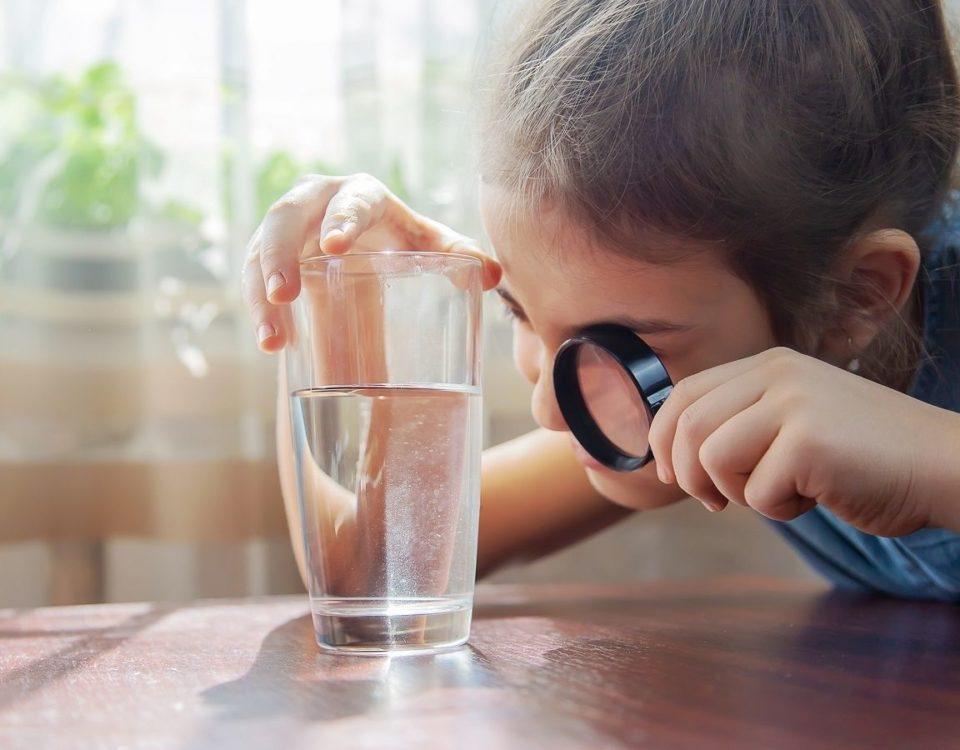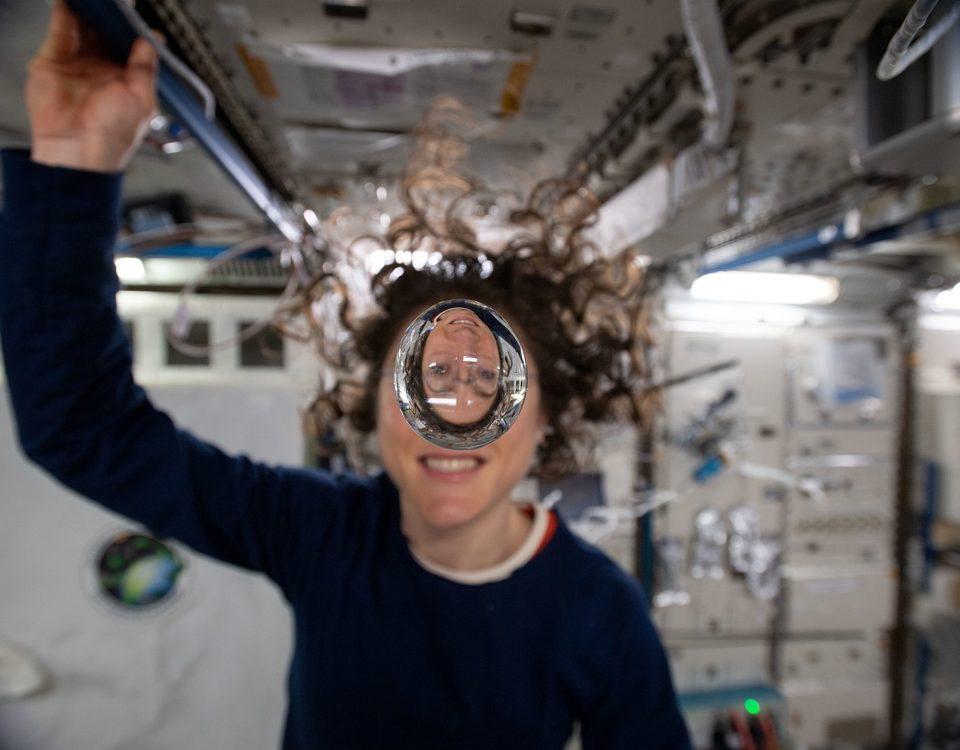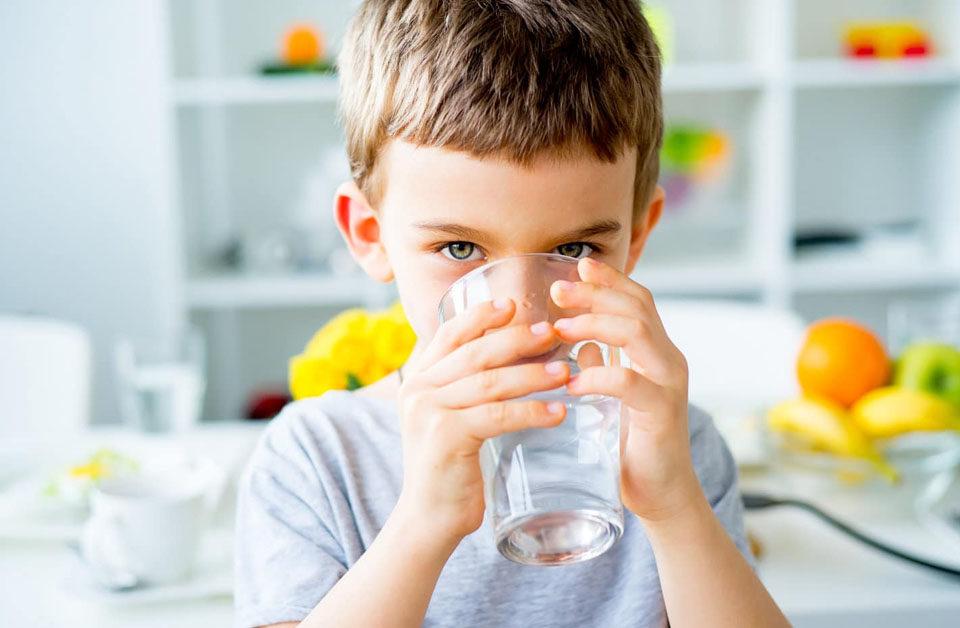The environmental impact of bottled water
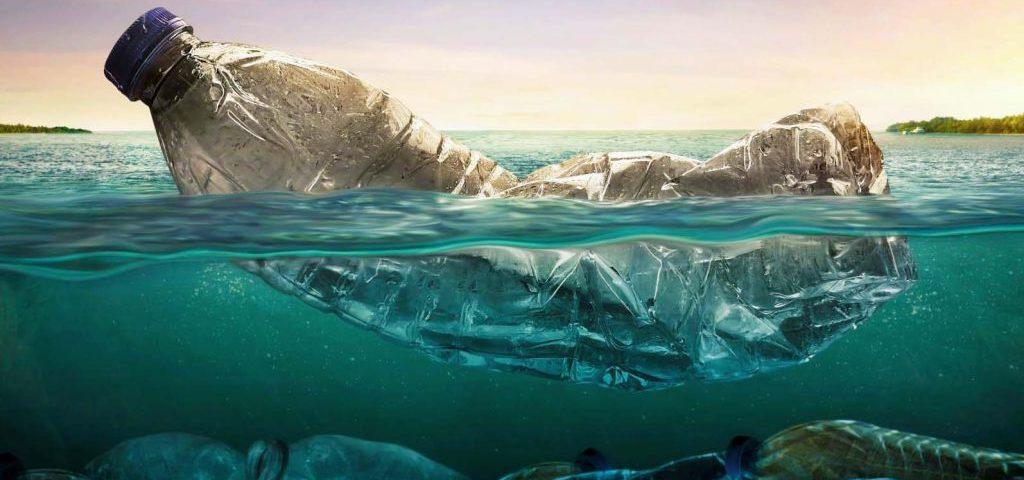
Every minute, one million plastic bottles are sold around the world. It is an environmental catastrophe that can be solved.1,2
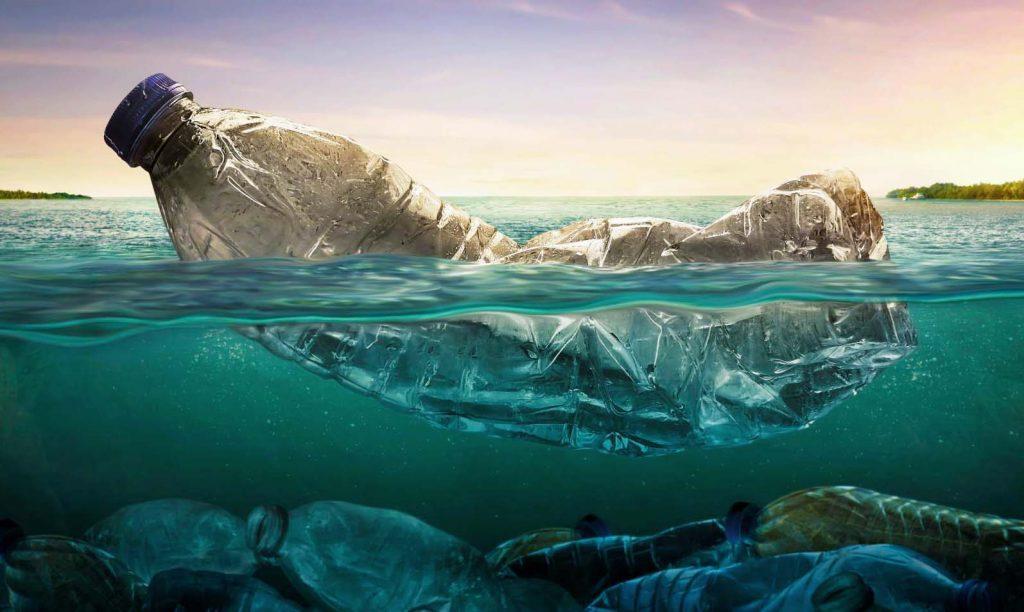
France is the 5th largest consumer of plastic bottles in the world, behind Mexico, Thailand, Italy and Germany.
While for the leading countries, bottled water reduces water stress because drinking water is not readily available, in most European countries the water supply is perfectly safe.3
This European scepticism about tap water is due to the marketing of mineral water, which attributes qualities to bottled water that city water does not possess. But this gargantuan consumption of plastic has a huge negative impact.
Worldwide, only 20% of used plastic bottles are recycled. In Europe, almost half of the containers are recycled into bottles or, more often, into another product. As for the remaining bottles, if they are not burned, it will take between 500 and 1,000 years for them to degrade.
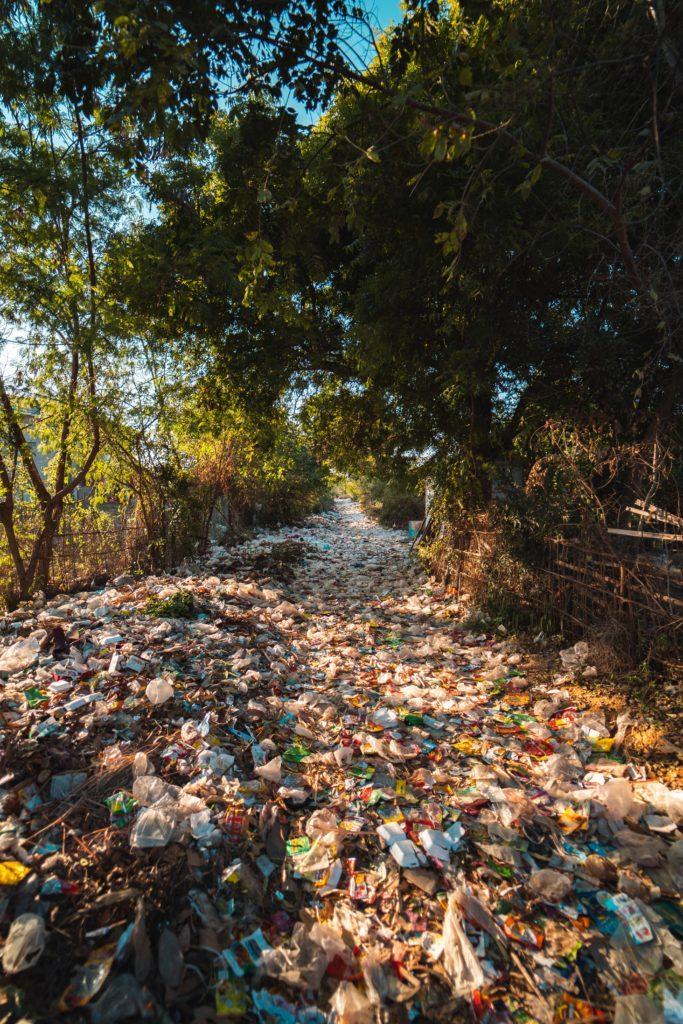 Usually they end up in rivers and reach the oceans, where they break down into tiny particles that pollute the seabed and get into animals. It is partly because of all these unrecycled bottles that a "7th continent of plastic" has formed. Nicknamed the "Great Garbage Patch of the Pacific", it is located in the northern Pacific Ocean and is almost six times the size of France.4
Usually they end up in rivers and reach the oceans, where they break down into tiny particles that pollute the seabed and get into animals. It is partly because of all these unrecycled bottles that a "7th continent of plastic" has formed. Nicknamed the "Great Garbage Patch of the Pacific", it is located in the northern Pacific Ocean and is almost six times the size of France.4
The transport of cylinders is another important factor of pollution. It is estimated that on average, a bottle of water travels 300 km to be transported, distributed and then collected for recycling. All domestic water bottles are transported by truck, train or sometimes even ship.
To this must be added the amount of electricity required for the various stages of manufacturing the plastic bottles. Finally, the water used for manufacturing and recycling, which is between 1.5 and 5 litres of water for one bottle, must also be included in this equation.5,6
This data was reinforced by a Swiss study conducted in 2006. The survey found that the ecological load of bottled water was up to 1000x higher than that of tap water!7
What are the solutions?
The most straightforward solution is to avoid drinking bottled water. To begin with, you will save money. In fact, where 1 litre of bottled water costs €0.50, 1 litre of tap water will only cost you €0.005, i.e. 100x less !
Then you can avoid transporting the bottles and preventing them from deteriorating in the water they contain.
Read also: Is city water of good quality?
If you don't like the taste of the water in your home, don't panic!
At O25, we offer a reverse osmosis water purification solution, which removes almost all pollutants, and makes the water light and soft and palatable. But there are several other ways to filter your city water. Do not hesitate to compare them to find the one that suits you best.
______________
1 https://www.nationalgeographic.fr/le-plastique-en-10-chiffres
2 https://www.lesechos.fr/2017/07/les-chiffres-dementiels-de-la-consommation-de-bouteilles-en-plastique-dans-le-monde-175073
3 https://www.francetvinfo.fr/monde/environnement/environnement-la-france-championne-de-la-consommation-de-bouteilles-en-plastique_2790815.html
4 https://www.lemonde.fr/planete/article/2012/05/09/le-7e-continent-de-plastique-ces-tourbillons-de-dechets-dans-les-oceans_1696072_3244.html
5 https://www.npr.org/sections/thesalt/2013/10/28/241419373/how-much-water-actually-goes-into-making-a-bottle-of-water
6 https://foodprint.org/blog/plastic-water-bottle/
7 https://www.o25.eu/wp-content/uploads/2021/12/%C3%89cobilan-de-leau-de-ville-VS-bouteille-Soci%C3%A9t%C3%A9-Suisse-Gaz-et-Eaux-2006.pdf

